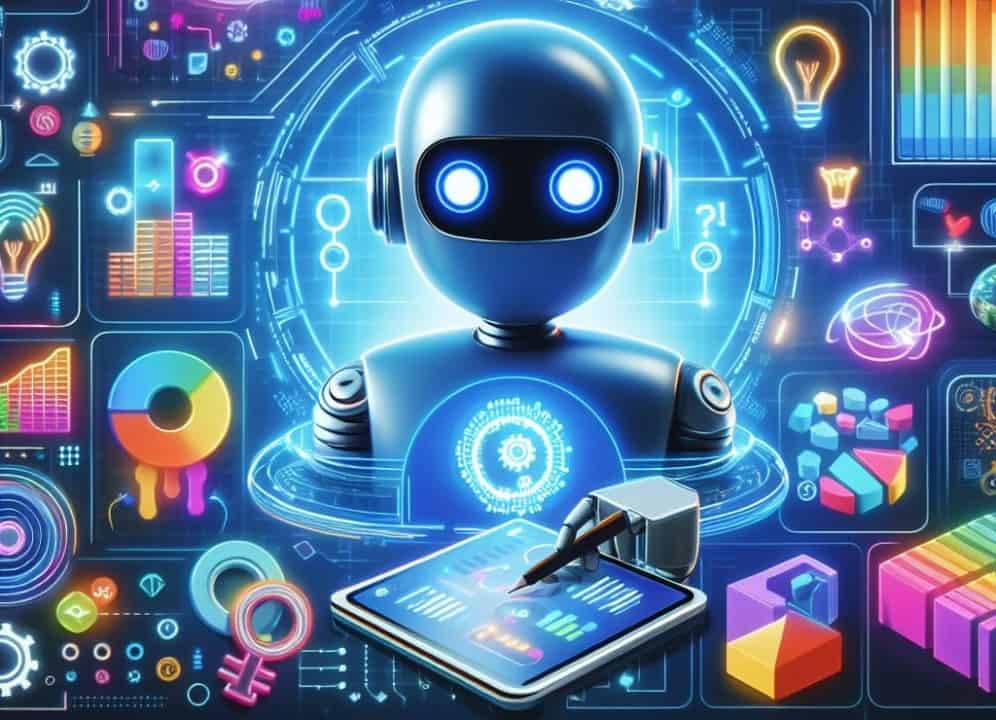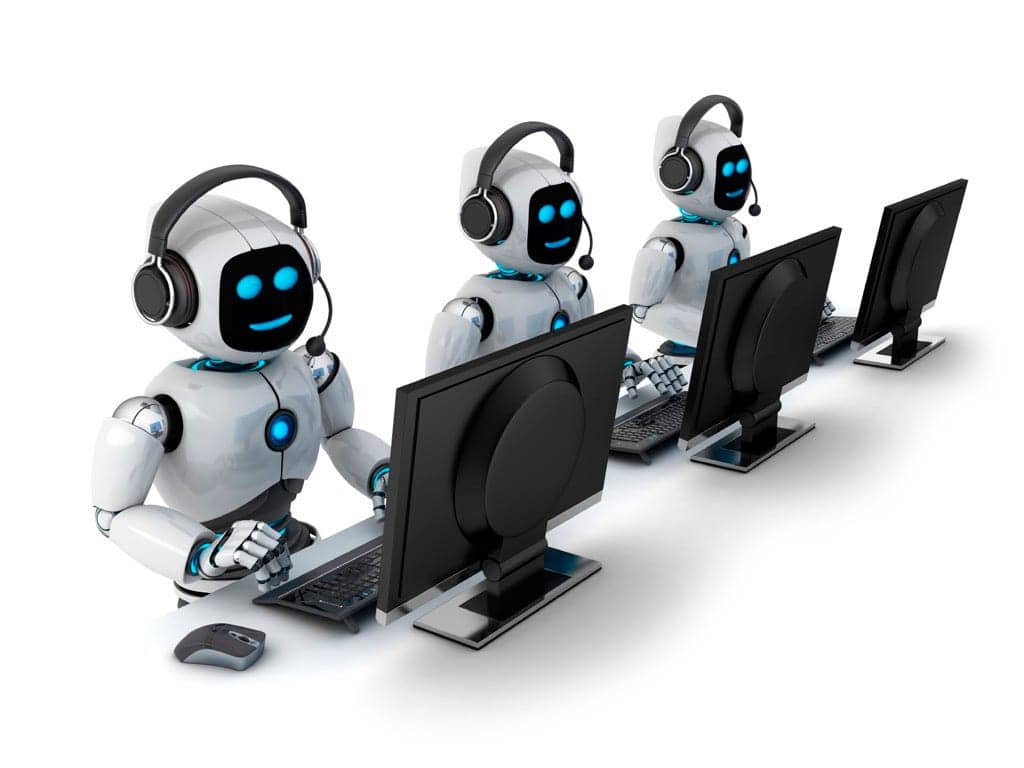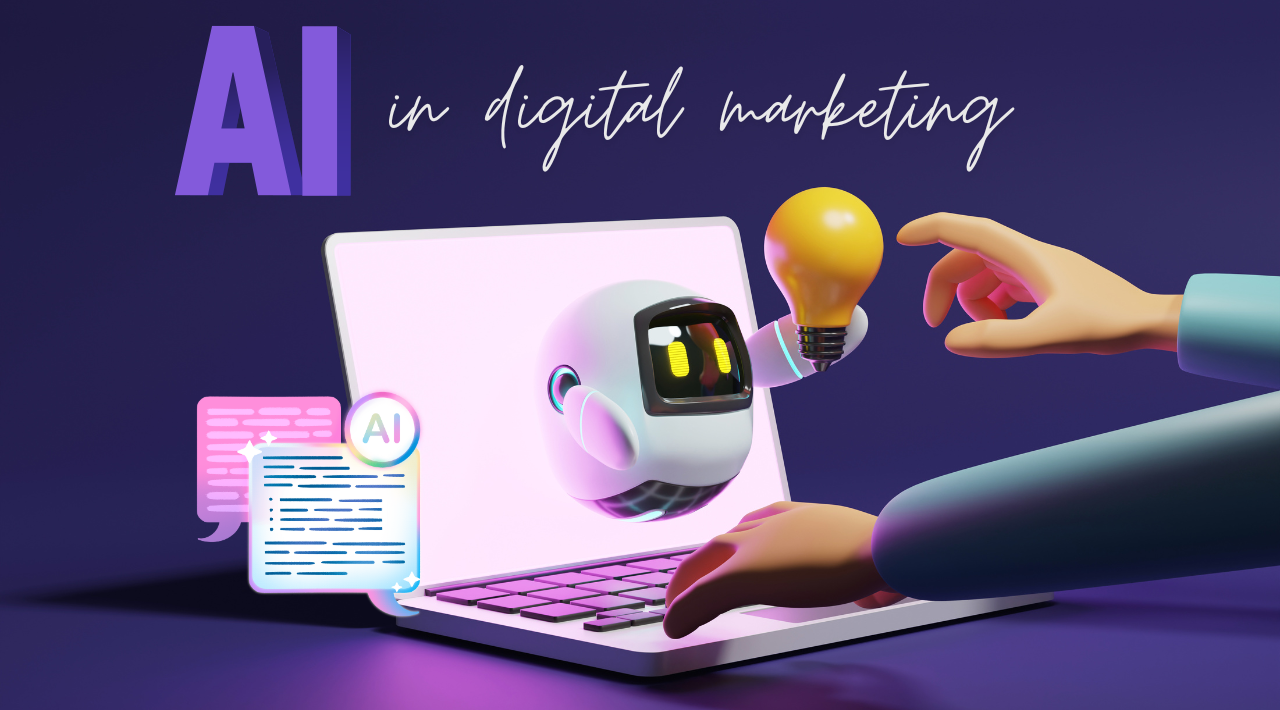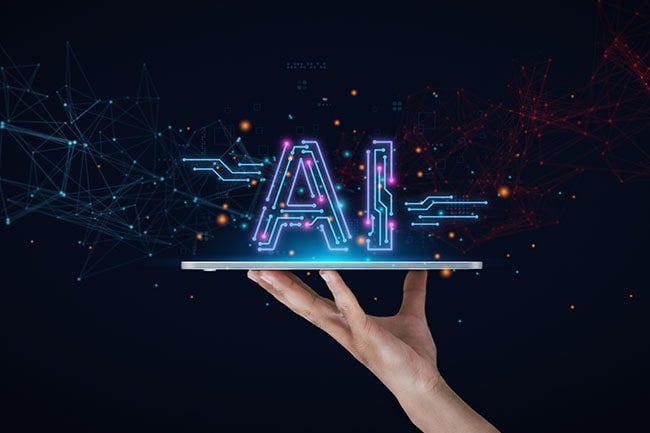In 2024, AI is becoming a powerful tool for improving digital marketing strategies. By using AI, you can automate tasks, better understand your audience, and create more personalized content. Whether you’re new to AI or looking to enhance your current marketing efforts, this guide will show you how to use AI to boost your results and stay ahead of the competition.
Ready to take your digital marketing to the next level? Keep reading to learn how AI can help you succeed!
Table of Contents
ToggleWhat is AI in digital marketing?
AI in digital marketing uses smart tools to help businesses reach people online. For example, it can learn what customers like, suggest products, and automatically send emails.
Furthermore, AI improves ads by showing them to the right people. As a result, it saves time and makes marketing more personal and effective, ultimately helping businesses connect with their customers more intelligently.
How to use AI in digital marketing
Content Creation with AI
AI tools are changing how marketing teams create and edit content. These tools help automate the creation of different types of media, including:
- Images: AI tools can create images based on your needs, therefore helping marketers produce realistic pictures or branded graphics for websites and social media. Additionally, you can use AI to easily edit images, change backgrounds, or add and remove objects.
- Videos: AI can help create and edit videos like product demos or tutorials. It can make new videos from text, images, or video prompts, and offers tools to adjust colors, remove objects, and add subtitles easily. Some tools can even suggest edits by finding important scenes.
- Text: AI writing tools can create text for websites, emails, social media posts, ads, blogs, and more. They can also edit and improve text for SEO, manage translations, and adjust tone. AI can quickly turn a blog post into social media content or rewrite a spec sheet into a product description.
- Audio: AI text-to-speech tools turn written content into audio. Marketers use these to add voiceovers to videos, make content more accessible, or even turn blog posts into podcast-style audio.
These AI tools make it easier for marketing teams to create and manage high-quality content for various platforms.

Segmentation and Personalization with AI
AI helps marketers send the right message to the right people, making it easier to get results. Here’s how it works:
- Customer Segmentation: AI analyzes factors like age, buying history, and browsing habits. It organizes this information to group customers and updates it as new data arrives.
- Smart Targeting: AI predicts what customers might do next. It helps marketers pick the best message for each group, making marketing more effective.
- Personalized Marketing: AI helps send messages that match each customer’s likes and needs at the best time, improving the chances of success.
With AI, marketers can better connect with their audience and improve their marketing efforts.
Customer Support
Marketing teams use AI tools to give fast and good customer support throughout the buying process. Here’s how AI helps:
Collecting customer information: AI tools gather data from different places like emails, chatbots, feedback forms, call logs, and direct messages. All this information is put together into one profile, making it easier for service reps to provide smooth support across all channels. AI also keeps track of conversations, helping teams handle more complicated problems quickly.
Self-service options: AI chatbots help customers find useful resources and guide them through simple tasks like returning items, updating orders, or managing subscriptions. This lets customers solve problems on their own without waiting for help.

They have personalized product suggestions: AI chatbots can also recommend products based on a customer’s past interactions and behavior. Moreover, these tools can predict what a customer might need next, allowing service teams to offer proactive support before an issue arises.
How AI Can Improve Your Campaigns
Marketers use AI to make their marketing campaigns better by looking at customer data, tracking performance, and analyzing trends in real-time.
By integrating AI tools like CallFluent, marketers can also automate their phone campaigns, ensuring consistent and efficient outreach to potential clients.
Email marketing: AI analyzes your emails’ performance and offers tips to improve them. It can suggest better subject lines and content. Additionally, it automatically adjusts the timing of emails to send when they are most likely to be opened by each person or group.
Search engine optimization (SEO): AI tools can suggest updates to your website’s content based on what people are searching for right now. They can also automatically change your website’s content and layout to help you rank higher in search results.
Digital advertising: AI can adjust your ad spending in real-time, using past performance and live data to maximize results. It also improves ad targeting. Tools like responsive Google Ads can change ad content based on performance and user details.
Social media campaigns: AI significantly enhances your social media marketing by revealing what works best with your audience. Moreover, it can determine the ideal times to post and further use sentiment analysis to monitor what people are saying about your brand.
Pros of AI in Digital Marketing
1. Speed and Efficiency
AI automates tasks that would take much longer for humans, such as collecting reports, generating content, and optimizing for search. 75% of marketers say AI can save them a month of work annually.
2. Smarter Data Analysis
AI can process vast amounts of data, spotting trends that humans might overlook, which helps marketers make more informed decisions.
3. Personalization Made Easy
AI can personalize marketing at scale by analyzing customer data and delivering content that matches individual preferences in real-time.
4. More Time for Creativity
AI takes care of routine tasks, giving marketers more time to focus on creativity and strategic thinking.
Cons of AI in Digital Marketing
1. Bias and Errors
AI relies on the data it’s trained on, which can lead to biased or incorrect results.
2. Low-Quality Content
AI sometimes creates repetitive or generic content, and without human input, it can lack creativity and uniqueness.
3. Copyright Uncertainty
There’s still confusion about who owns AI-generated content, raising potential legal risks.
4. Less Human Connection
Relying too much on AI may reduce human interaction, which is key to building trust and authentic relationships with customers.
Conclusion
In conclusion, using AI to improve your digital marketing in 2024 can help you achieve better results faster. AI can boost your email campaigns, SEO, social media, and ads by analyzing data and making quick adjustments. This gives you an advantage in a competitive market.
If you’re ready to improve your marketing with AI, start using these ideas now! Check out our other guides to learn more ways AI can help your business grow.


